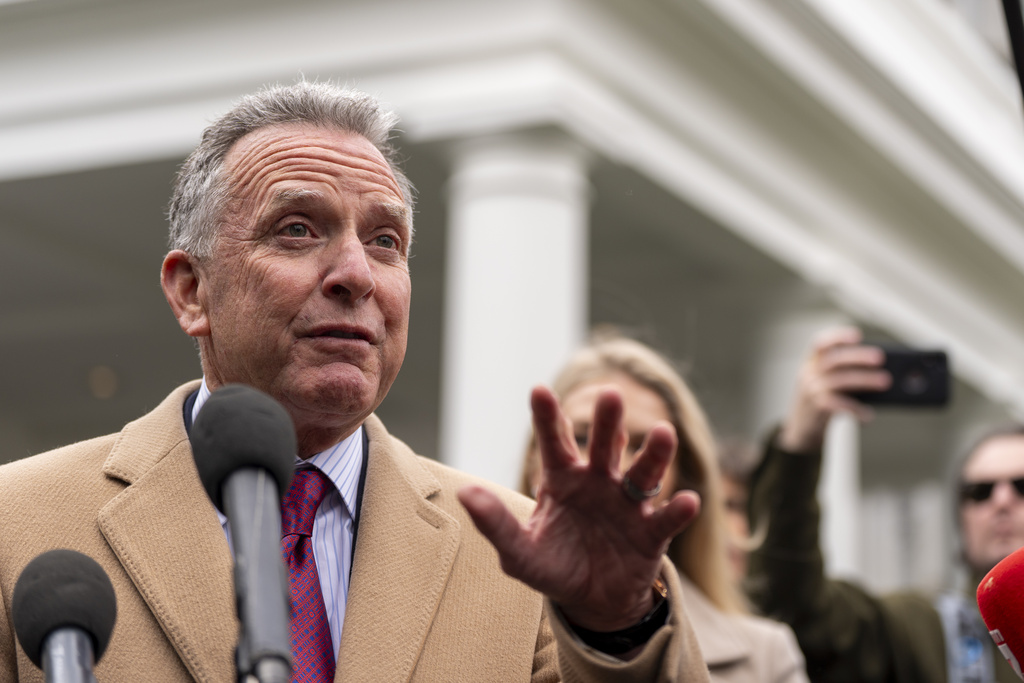Aid Operations in Gaza Threatened by Freezing of USAID Funds Amid Ceasefire Tensions
USAID cuts by the Trump administration threaten crucial aid operations in Gaza, raising concerns over the fragile ceasefire and humanitarian conditions in the region.
Subscribe to unlock this story
We really don't like cutting you off, but you've reached your monthly limit. At just $5/month, subscriptions are how we keep this project going. Start your free 7-day trial today!
Get StartedHave an account? Sign in
Overview
Aid organizations in Gaza are struggling amid a critical funding freeze from USAID, which has halted hundreds of millions in promised aid due to Trump administration cuts. Despite earlier funding approvals intended to support a fragile ceasefire, no payments have been made, forcing organizations to lay off staff and limit services. With any continuation of aid uncertain, the humanitarian crisis in Gaza worsens, and the ceasefire remains at risk as U.S. officials point to insufficient collaboration from Hamas during hostage negotiations, creating tensions on all sides.
Report issue

Read both sides in 5 minutes each day
Analysis
- The Trump's administration cuts to USAID have negatively impacted humanitarian aid operations in Gaza, jeopardizing the fragile ceasefire and endangering the provision of essential services.
- There is increasing frustration from Israeli Prime Minister Netanyahu over the U.S. negotiations with Hamas, expressing concerns that these talks may undermine Israel's military efforts.
- The current funding freeze and cuts by the Trump administration have led to significant disruptions in aid delivery, risking the U.S. influence in the region and the stability of the ceasefire.
Articles (3)
Center (1)
FAQ
The freeze impacts critical global health and humanitarian programs, including PEPFAR, which has saved millions of lives worldwide. It also affects infrastructure and aid projects in countries like Ukraine and Ethiopia.
Elon Musk is involved in implementing Trump's cost-cutting agenda, which includes downsizing USAID. However, there are concerns about potential conflicts of interest, particularly regarding Musk's Starlink operations.
History
- This story does not have any previous versions.


